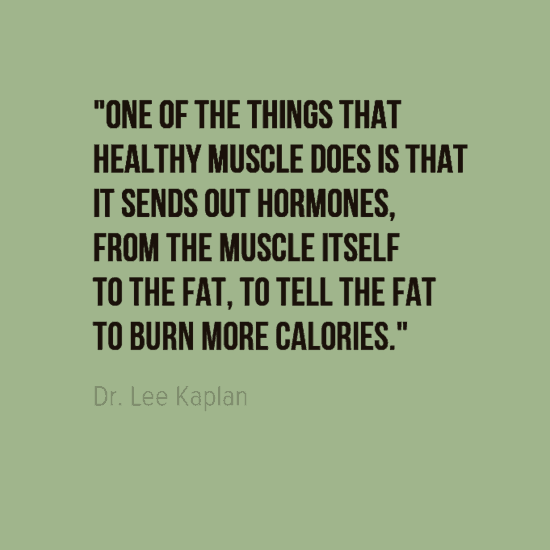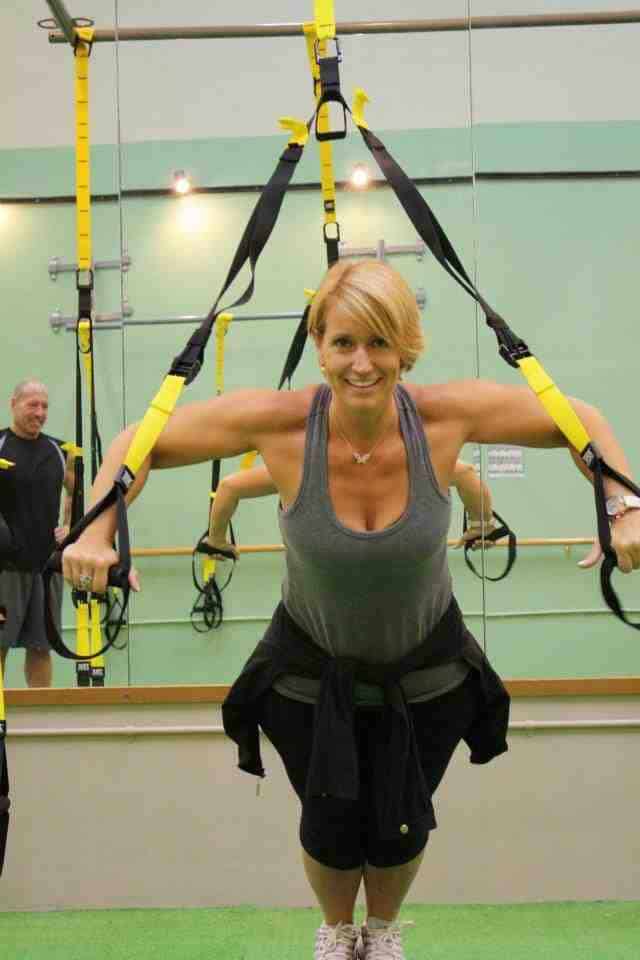
Aside from being eye candy, muscle does some really important things for your overall health.
At the bottom of this article, there is a video. This is a Q&A session with Lee Kaplan, MD, PhD about content related to the Metabolic Applied Research Strategy (MARS) Massive Open Online Course (MOOC). It was sent to me by an endocrinologist, who thought I might find the message interesting, which I did. And now, I would like to share it with you.
This discussion debunks some of our previous myths about the role of diet and exercise in weight management. And if you look at the articles I’ve written in previous weeks, they are actually right in line with what Dr. Kaplan is saying.
Almost 20 years ago, I was 296 pounds. I hit rock bottom when I looked in the mirror after having my daughter, and realized I no longer had an hourglass figure. All along the way, as I gained weight, I was in denial—I could see that weight was coming on, but I was still an hourglass; I gained in my hips, but my waist stayed in proportion.
When I decided to lose it, I did two things: I began exercising, and I began to log my food. I diligently counted the calories in and the calories out. Dr. Kaplan states that it’s not the amount of calories going in, but rather the food choices that make the difference in re-programming your body for weight loss. When I look back, I realize that my food choices HAD to change, in order to be fully satisfied on fewer calories. So, I accidentally fell into the pattern that would help me to take off about 145 pounds.
But more than this, the muscle I built while exercising—particularly as I started to lift weights—started to send the right messages to my fat cells. Again, I thought it was about the total amount of calories I was burning, but it’s actually much more than that! It’s about the messages that my healthy muscles were sending to the fat cells. (Burn more calories!) Muscle is metabolically active tissue, well worth having and nurturing! It gets your hormones to work for you.
Beyond the role in weight management, building muscle helps to stabilize joints, decreasing pain from arthritis and bursitis, MS, Fibromyalgia, and many other painful issues. Strong muscle equals strong bones, which means if you keep at it, you can keep your bones strong throughout your life, and if you already have a loss of bone, you can stall and sometimes even reverse that utilizing weight bearing exercise.
So, it’s not about killing yourself in the gym, yet still eating whatever you want. And it’s not about starving yourself of the quantity of food that will make you feel satisfied. It’s about getting your body to work for you, instead of against you. It’s about making high quality food choices, and getting enough movement to stimulate the muscles to send the right messages—burn fat! “She’s moving again! Give me some energy to use!”
You can check out the discussion here:
Get your own personalized plan!By Melissa Abramovich, Certified Personal Trainer at Elite Sports Club-River Glen
